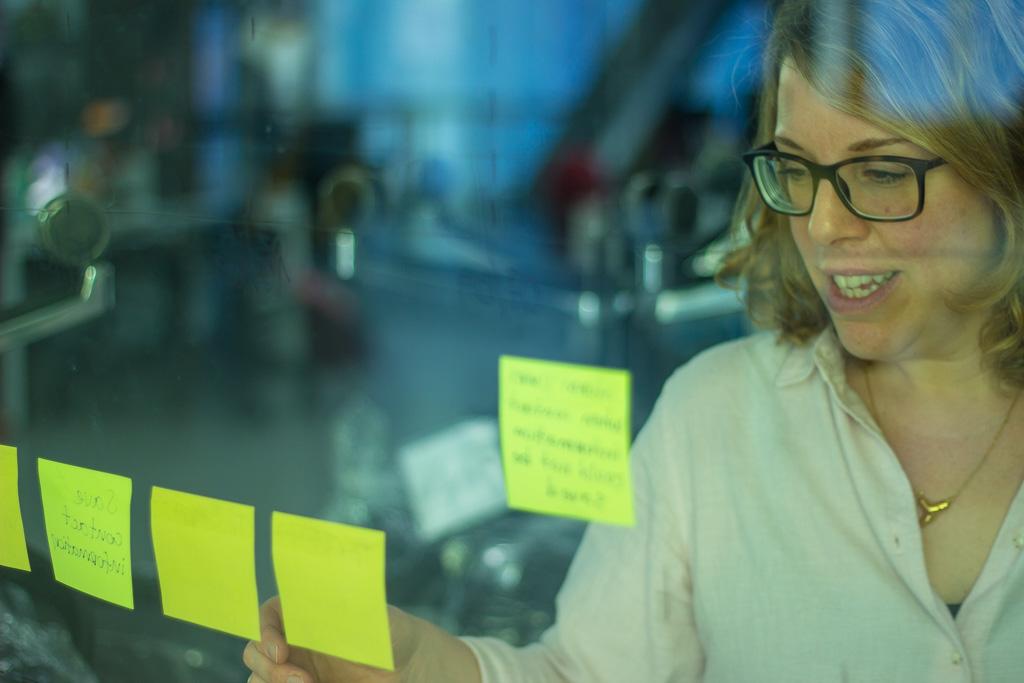Diversity, equity and inclusion
For Women in Tech, Ageism is Getting Old



Disclaimer: The statements and opinions expressed in this article are those of the author(s) and do not necessarily reflect the positions of Thoughtworks.
